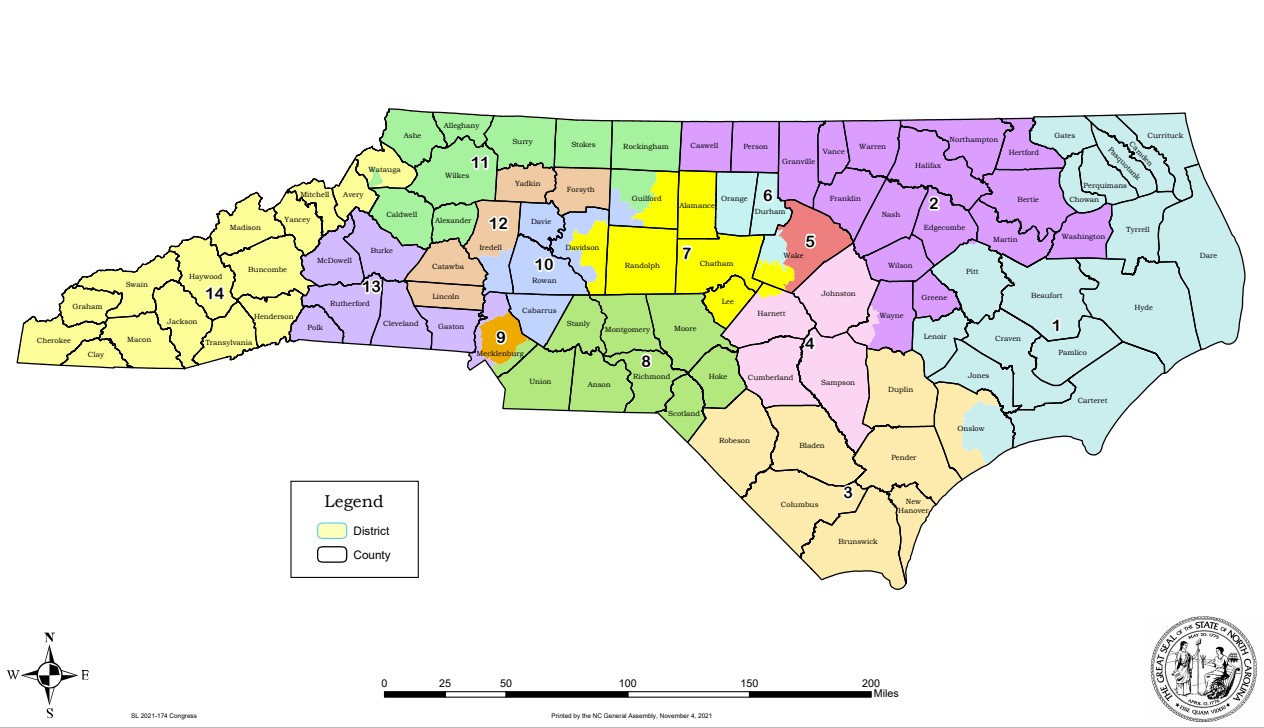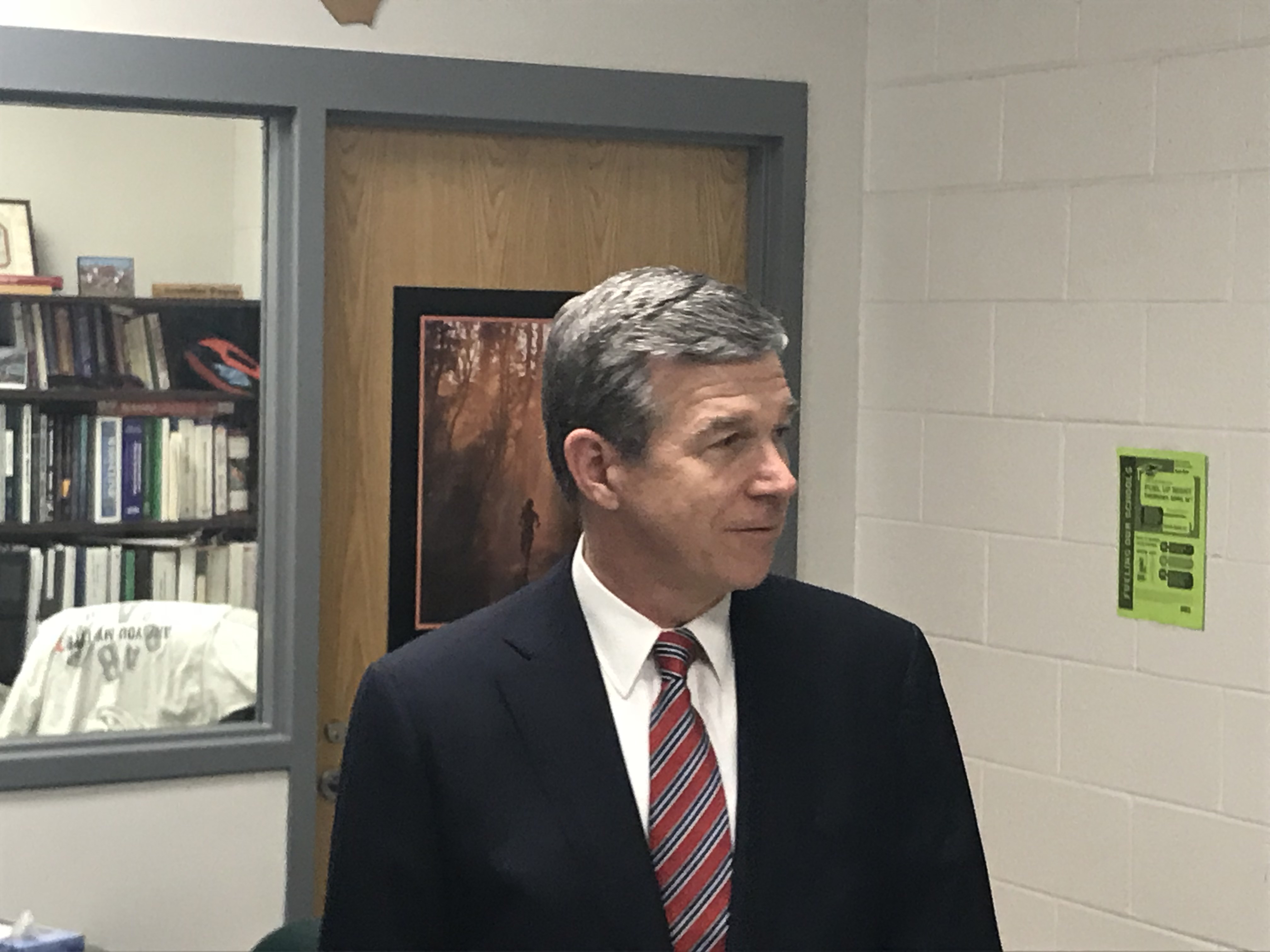The short session of the North Carolina General Assembly begins Wednesday.
Three state legislators from Orange County, all Democrats, spoke recently with WCHL about their expectations for this session.
“There is absolutely no evidence that the tax cut has stimulated the economy in any way,” says Rep. Verla Insko of District 56. “And we are still about 60,000 jobs short of the people that were employed in 2007, or 2008.”
She says the Republican majority in Raleigh has been “reckless” with budgeting policies over the past three years – in particular, with tax cuts that brought down revenue.
Insko says the recent news of a $445 million shortfall should not have surprised Republican legislators. And she’s not a fan of dipping into $6 million in reserves, as a solution.
“It’s one-time money,” says Insko. “And Democrats did use one-time money to fill holes. So it’s not that it’s never been done. But we didn’t try to fund significant recurring expense with that money.”
Insko and her fellow Orange County legislators – District 50 Rep, Graig Meyer, and District 23 Senator Valerie Foushee – all agree that tweaking the budget will be the top priority.
And within that task, the top issue is raising teacher pay.
“We do need and across-the board pay raise for teachers,” says Meyer, “and I’m glad that the governor recognizes that. But along with the small raise that he proposed for this year, we need a serious plan for how we’re going to boost the pay of our teachers up to the national average or above.
“And the governor’s plan doesn’t do that. The base salary scale on his plan tops out at $50,000. And the nationwide average for teacher pay is $55,000.”
Like Insko and Foushee, he’s worried about where the money will come from.
“If the legislature decides to cut the university system significantly in order to give teachers a raise, I don’t see that as good legislation, and I’m not sure I could vote for that.”
Another top item on the to-do list mentioned by all three legislators is enforcing the cleanup of all of Duke Energy’s coal ash ponds, in addition to the one that spilled into the Dan River back in February.
“When people look at what’s happening now, they expect the state to ensure that Duke Energy does indeed clean up those ponds,” says Foushee,” and that there’s a plan in place that ensures that this sort of thing won’t happen again; and that rate payers are not going to ones that pay for the cleanup.”
Foushee told WCHL that she has one reason to feel optimistic about this legislative session.
“What I’m hearing is that we’re not going to be there very long,” says Foushee. “And that would suggest to me that there won’t be a lot of controversial legislation proposed or passed.
“I think that, right now, that is probably the best that we can expect.”







Comments on Chapelboro are moderated according to our Community Guidelines